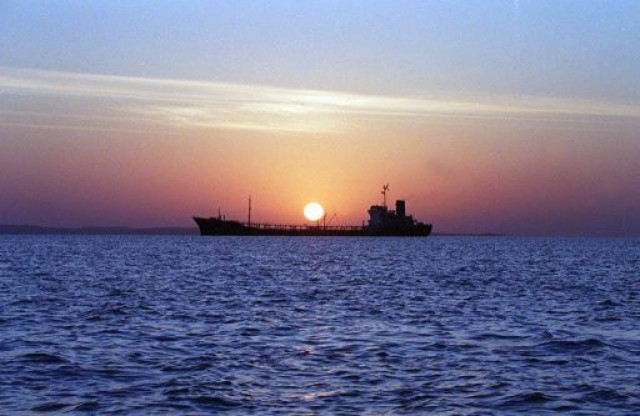Global turmoil If Iran shuts Strait of Hormuz — but Pakistan may get a pass
Roughly 25–30% of the world’s oil flows through the Strait of Hormuz

Amid rising regional tensions and in reaction to last night attacks, the Iranian parliament has approved the closure of the Strait of Hormuz, pending final approval by the Supreme Commander. Hormuz is a critical oil transit route to the Western and Gulf adversaries, though this selective blockade may shield Pakistan and China from direct disruption due to friendly relationship with Iran, the global fallout would still be severe specifically for the countries standing against Iran.
Roughly 25–30% of the world’s oil flows through the Strait. Even a partial closure could drive oil prices above $150 per barrel, disrupt global shipping lanes and trigger worldwide inflation. The situation is already tightening, freights and global premiums on petroleum products have risen since the outbreak of conflict between Iran and Israel.
If cargoes heading to Pakistan are allowed to pass may shield Pakistan from immediate disruption. However, the global fallout would be severe, especially for nations aligned against Iran. For Pakistan, the scenario presents a mixed picture. Continued access to Hormuz could help maintain energy supplies and even open up closer economic ties with Iran.
At home, this crisis again highlights Pakistan’s indecision on its “oil refining policy”, which has remained in the doldrums for over four years. There was hope that in the upcoming FY budget issues related to the policy are going to be resolved though it had further negative impact on the existing refineries. The imposition of carbon and petroleum levies on Furnace oil will raise its price by more than 80% proving to be death knell of quite a few industries including refineries, shipping and IPPs which use it as fuel or own use in utilities operations. Is this the import mafia or its deep pockets are consistently trying to shut down the local refineries?
The strategic importance of local refining capacity only comes into focus during such external shocks, yet little progress has been made in upgrading or incentivizing the sector despite all out efforts of SIFC in order to attract $ 6 Billion investment in refineries.
While short-term trade may continue, Pakistan’s fragile economy cannot absorb a prolonged oil price spike above $100 per barrel. The government must now act with foresight to avoid being caught off guard in an increasingly volatile energy landscape.



















COMMENTS
Comments are moderated and generally will be posted if they are on-topic and not abusive.
For more information, please see our Comments FAQ